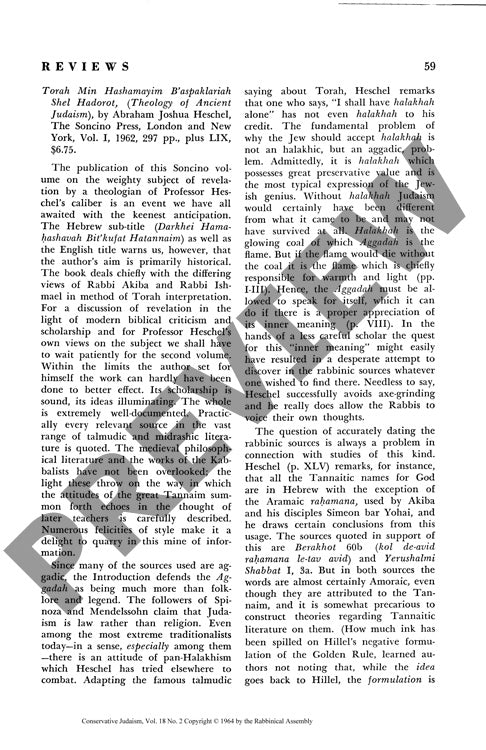Reviews
Couldn't load pickup availability
Two titans of early rabbinic Judaism - Rabbi Akiba and Rabbi Ishmael - developed radically different frameworks for interpreting divine revelation that would shape Jewish thought for centuries to come. Through extensive analysis of Talmudic and Midrashic literature, supplemented by medieval philosophical and Kabbalistic sources, Abraham Joshua Heschel's "Torah Min Hashamayim B'aspaklariah Shel Hadorot" reveals how these influential Tannaim diverged in their fundamental approach to sacred text. Rabbi Ishmael maintained that "the Torah speaks in the language of men," treating scripture as employing conventional human literary forms while preserving its divine origin. In contrast, Rabbi Akiba viewed the Torah as a primordial, mystical work where every word and letter contains eternal truth requiring precise exegetical attention. These opposing interpretive traditions influenced subsequent Jewish thought profoundly - with Kabbalistic literature following the Akiban tradition and rationalist approaches like Ibn Ezra reflecting Ishmaelian methodology. The fundamental disagreements extended beyond hermeneutics to encompass broader theological and philosophical differences regarding the nature of divine communication, the role of human reason in religious interpretation, and approaches to martyrdom and religious devotion. Their contrasting methodological frameworks proved instrumental in shaping the development of Jewish interpretive traditions and continue to impact Jewish intellectual history.

More Information
-
Physical Description
-
Publication Information
Published 1964
ISBN
-
Publication Credits

